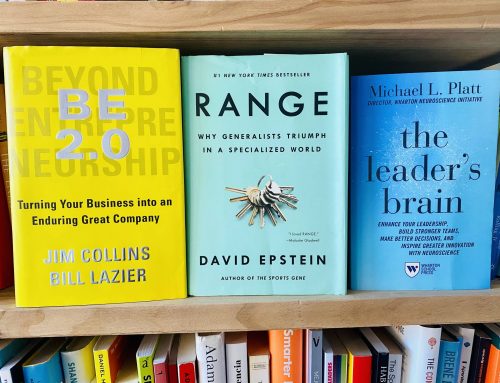A few days ago a good friend of mine told me that some people where punctual arriving but not leaving. A few days later, Zidane quit Real Madrid in a surprise decision and this made me think about my friend’s phrase. We have to be punctual when arriving but also when leaving, also when quitting and that’s a much harder job. These are some of the key lessons that I’ve learned from Zidane’s period as Real Madrid coach.
1) No one is indispensable
The longer our period in a place, the easier we will have the feeling to be as close to indispensable as we can be (especially if we’ve made big achievements) and this can hurt no only the organization but also ourselves, as it limits our talent and our ability to learn. We cannot learn if we are not humble and we cannot be humble if we think we are indispensable. Talent is fed by the humility to understand that we are only a part of something greater, as shows the philosophy of teams such as the All Blacks or players such as Pau Gasol or Rafa Nadal.
2) Every project has a beginning and also an end.
Starting a project is a difficult task, but closing it is a tougher one. The feeling of attachment, the sunk cost and our ego are three enemies that will try to convince us that we must continue with the project. And the more successful the project, the more reasons we’ll have to not quit. In a period where not being a finisher seems to be a synonym of failure, quitting is not only an option but sometimes it is the healthiest one. As a matter of fact, in every marathon an average of one person suffers from a heart attack and 86% of the affected ones had ignored the symptoms, mostly due to peer pressure and a self-demanding spirit. If we have a hard time quitting when we show symptoms of a heart attack, imagine how difficult it is to quit a project when there are no apparent symptoms, or perhaps we don’t want to see them…
3) Communication is more about listening than talking
Probably many of you will be surprised if I say that Zidane is a good communicator. And this is because we usually measure communication in terms of our public speaking skills. However, if we understand that in the communication process it is far more important to develop an empathetic active listening, we may agree that this is one of Zidane’s biggest strengths. To listen not only to the players (i.e: workers) but also to the entire team (assistants, analysts…), showing vulnerability with the things he is not an expert in and being surrounded by people who complement these deficiencies. The first stage of learning is silence. The second, listening.
4) The more comfortable you are, the less you learn
As we saw in this previous post, making a decision is a difficult decision. And even more if it involves quitting a reference organization in the field -such as Real Madrid in Zizou’s case-, but we all need some level of discomfort in order to keep growing. Zidane’s arrival was an uncomfortable one for him (the team had very poor results and a big crisis) but three years later people only remember the accomplishments.
Sometimes we become uncomfortable after a layoff, so the opportunity comes as a need. But when the decision depends on us, when we have no one to fire us, sometimes we need to fire ourselves -as Zidane did- to open a door to new experiences and more learning. Quitting your dream job also means that you now have new dreams. Will you renounce to them?
As Steve Jobs said in a speech that we should watch at least once a year, “stay foolish, stay hungry.” Let’s be nonconformists and seek what we want regardless of what others think. This is what makes us free and unique.
And here’s another speech that we should watch every year.
Be punctual to arrive and also to leave.
https://twitter.com/pedrodridao

Gonzalo Arroyo Moreno / Getty







It was indeed a surprise, but amazing analysis into how this kind of situation could be taken out of the pitch into our daily struggles. They say the captain should sink with the ship, but how about the ship is designed to never sink? it does not relies in just ONE captain. Like everything, we need rotation and closing times.
To be able to open up again, clean, arrange, measure and be sure where we are at.
You know what is interesting?
Now, there is quite a few coaches that are afraid of taking the control of this ship, since Zizou left the bar so way up high.
Let’s see how this story evolves, regards!
Thanks for your input Bernardo! Who would have guessed!